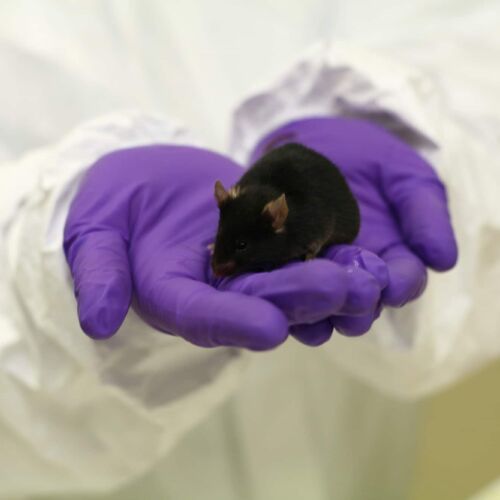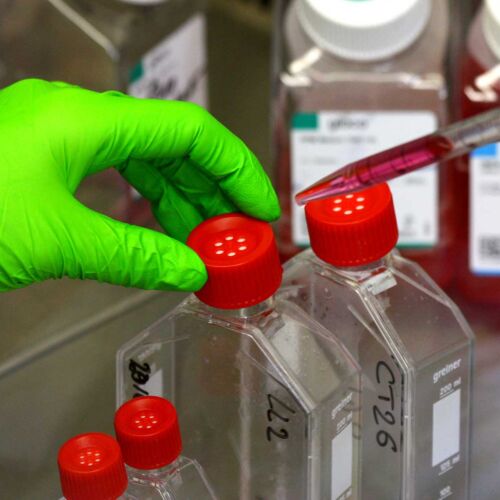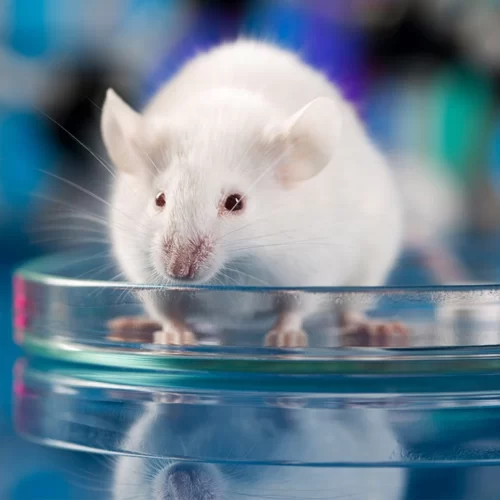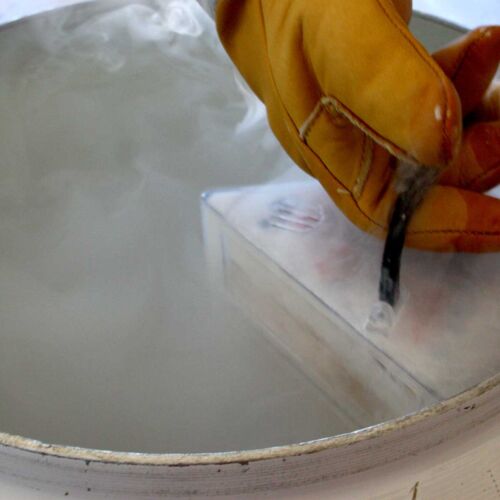Rapid advances of immuno-oncology have triggered a new need for tumour models growing in immunocompetent mice. The syngeneic tumour models were mostly generated by inducing tumours in mice. Each model can develop subcutaneous or orthotopic tumours when implanted in the matching strain of immunocompetent mice.
Our approval for animal experimentation allows us to implant those models in C57BL/6, BALB/c, B6D2F1 and C3H. With a delay of a few weeks, we can obtain the agreement for other mouse strains.
In preclinical immuno-oncology, the syngeneic models are widely used to test combinations with approved Immune-Checkpoint Inhibitors like anti-PD1 or anti-PDL1. Amongst our syngeneic tumour models, we characterised several displaying primary resistances to anti-PD1 and/or anti-PDL1. These models of primary resistances complement our offer for secondary resistances.

 Antineo
Antineo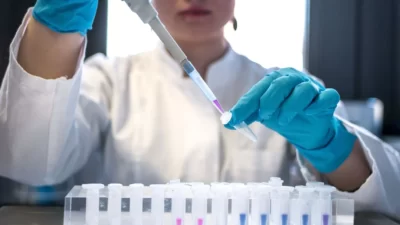 Preclinical services
Preclinical services Tumour models
Tumour models Our Strengths
Our Strengths News & Events
News & Events